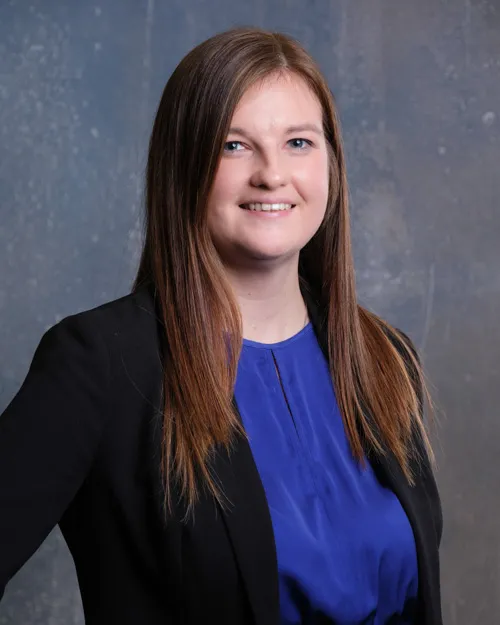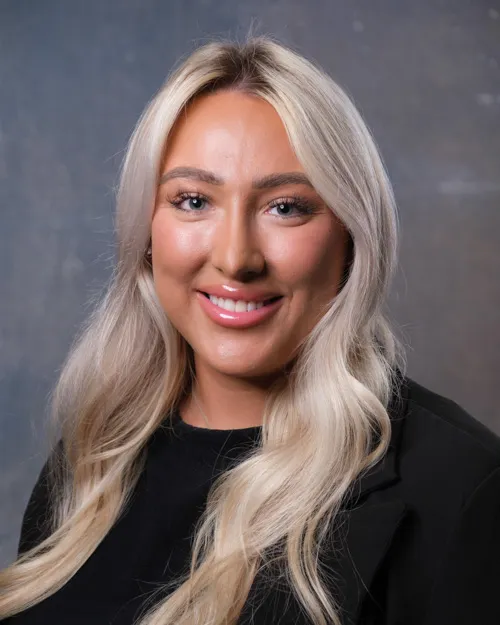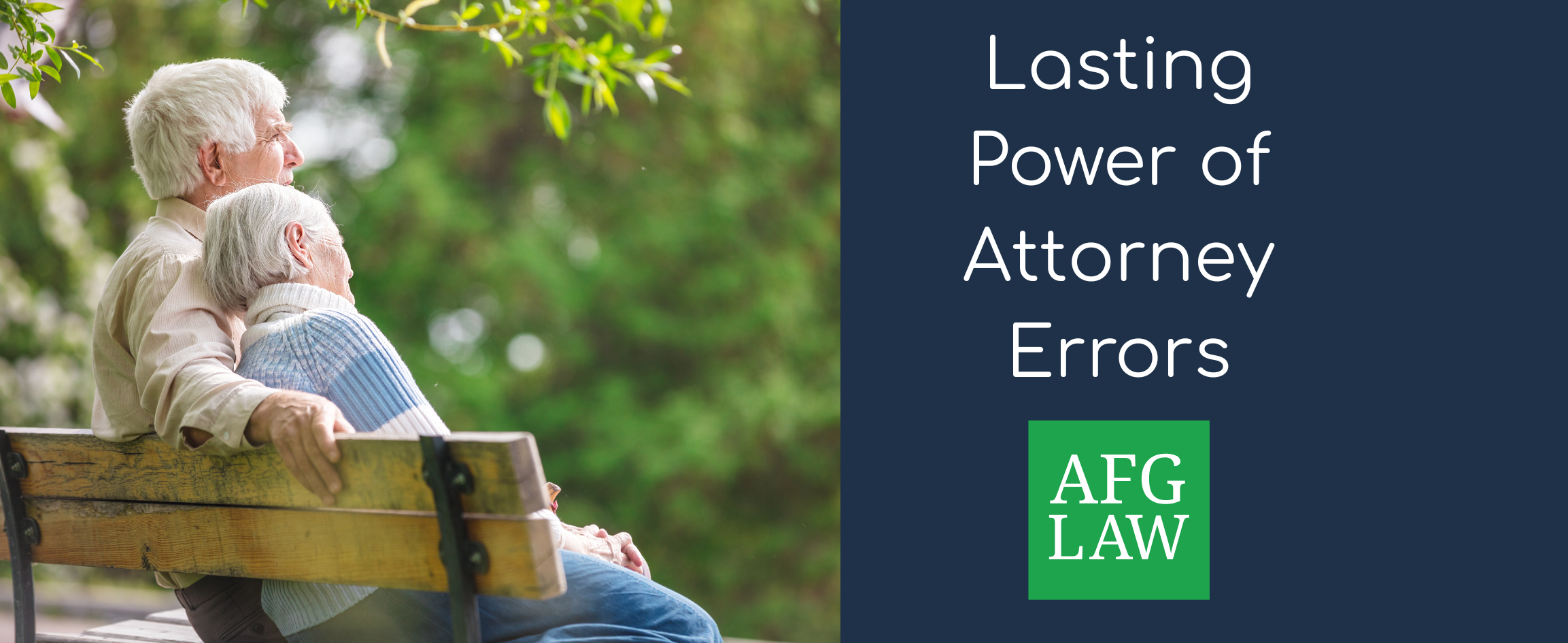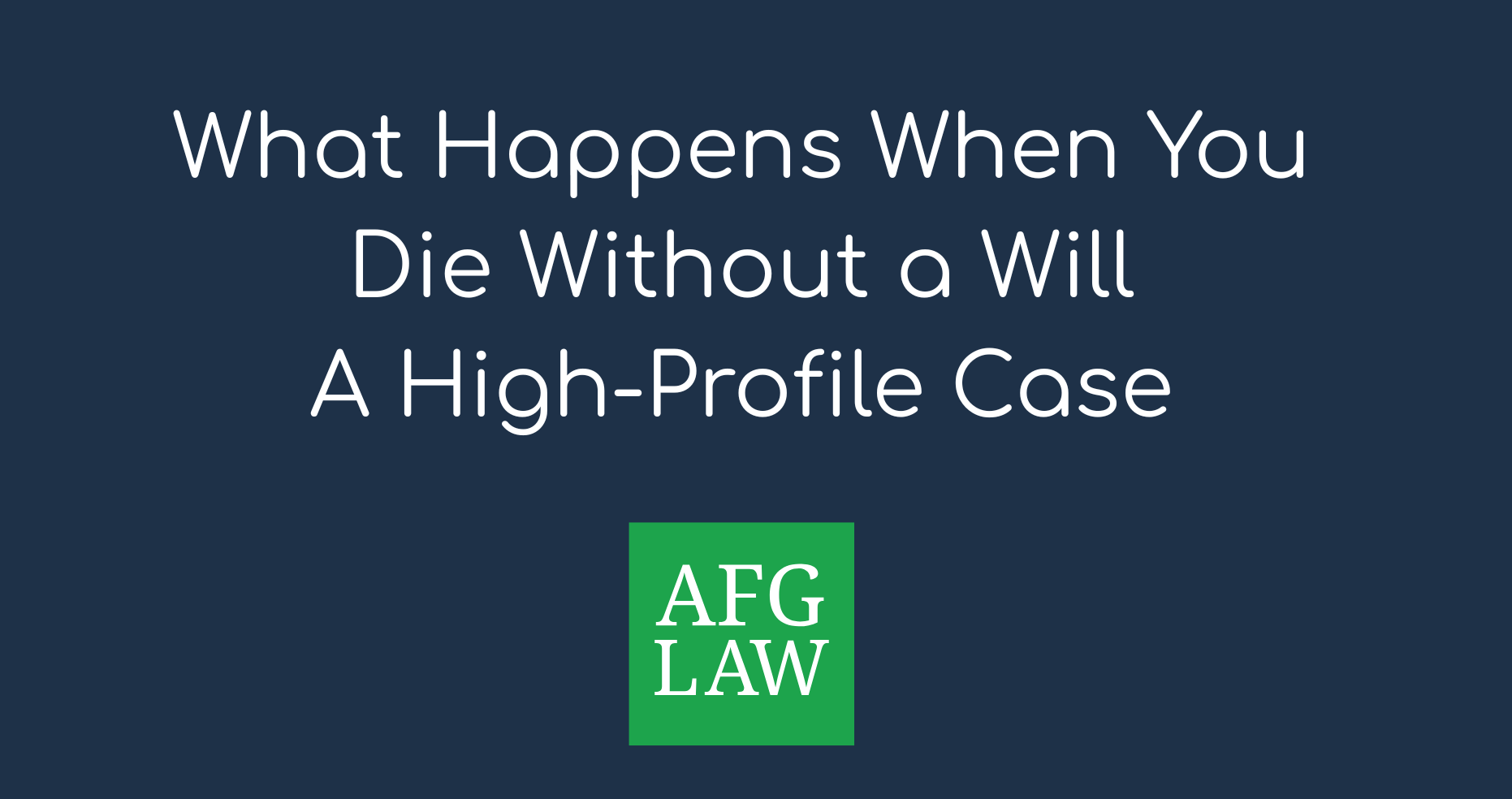What is Probate?
Probate is the legal process of administering and managing a person’s estate after they have passed away. It involves proving that a Will is valid (if one exists), identifying and valuing the deceased’s assets, settling any debts or taxes, and distributing the remaining estate to the rightful beneficiaries.
If the deceased left a Will, the person named as Executor will usually need to apply for a Grant of Probate. This is an official document issued by the Probate Registry, giving them the legal authority to manage the estate. If there is no Will, a close relative or next of kin can apply for Letters of Administration instead. In this case, the law determines who can inherit under the rules of intestacy.
Probate can become a complex process depending on the value of the estate, the presence of a Will and if there are any disputes. At AFG Law, our Probate solicitors in Bury are able to assist clients through this difficult time. With our years of experience, we can effectively guide clients through the Probate process, making sure your loved one’s estate is handled smoothly and in line with legal requirements.
Applying for Probate
Who can apply for Probate mainly depends on if there is a valid Will or not. If there is, then the person or people named as Executors can apply for Probate and begin the process. If there is no Will then the laws of intestacy will apply and a close relative such as spouse, child or parent can apply for Letters of Administration to become the estate’s Administrator. The Administrator has similar responsibilities to an Executor but must follow intestacy laws when distributing and dealing with the estate.
Once a Grant of Probate or Letters of Administration have been issued, the Executor/Administrator must contact banks, financial institutions and pension providers to close accounts and transfer funds to the estate’s account.
Any outstanding debts, such as loans, credit cards, and utility bills, must then be settled. Funeral expenses and administrative costs are also paid from the estate. Final income tax returns may need to be filed, and any remaining Inheritance Tax must be paid. Capital Gains Tax or Income Tax may also apply if assets have increased in value.
A detailed record of all money received, paid out, and distributed is then prepared. These estate accounts must be accurate and may need to be shared with beneficiaries.
Once all debts and taxes are paid, the remaining assets are distributed to the beneficiaries according to the Will or intestacy rules.
How a Probate Solicitor in Bury Can Assist
The probate process can feel overwhelming, especially while you’re grieving the loss of a loved one. At AFG Law, our dedicated team of Wills and probate solicitors in Bury are here to support you at every step, ensuring all legal and administrative responsibilities are dealt with professionally and without unnecessary stress.
Our probate solicitors in Bury provide clear, compassionate guidance tailored to your individual circumstances. Whether you’re managing a straightforward Estate or dealing with more complex matters, we’ll help ensure everything is handled correctly and in line with your loved one’s wishes.
We can also assist with future planning through our estate planning services, giving you and your family added confidence and control.
If you would like to speak to one of our Probate solicitors in Bury regarding the Probate process or any of our legal services, please do not hesitate to get in touch with us today. We can be contacted at PrivateClientDept@afglaw.co.uk or phone us on 0161 359 3880
For more information on our Probate services, please visit our Probate home page here.







